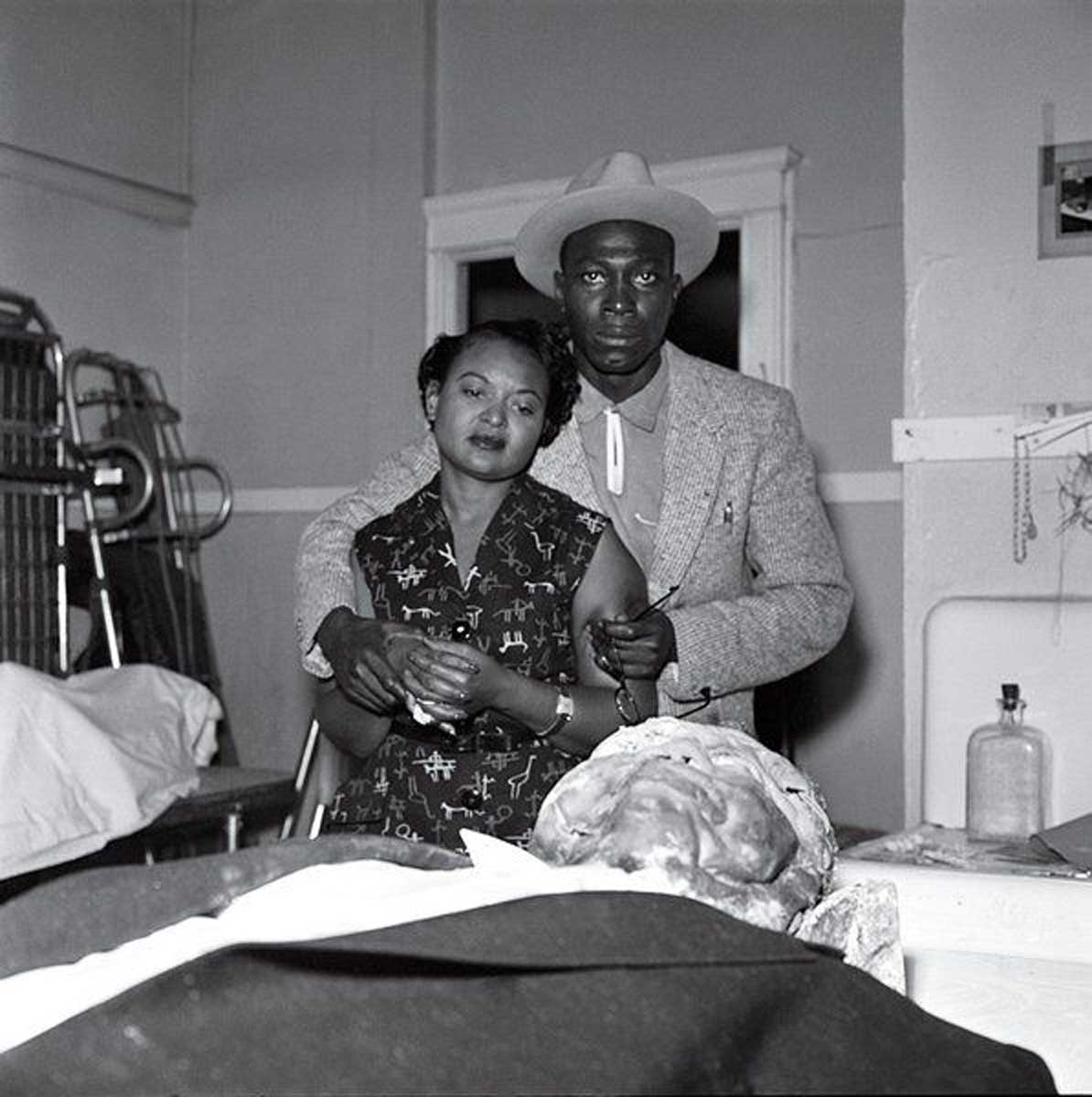Everything you need to know about pool water
Published 8:00 am Monday, June 6, 2016

- Pool water
Now that Memorial Day has come and gone, most public pools are open for business. Before taking the plunge, you might wonder what exactly is in pool water. Here is everything you need to know.
Trending
Is pool water safe to swim in?
Of course! Because so many people use them on a daily basis, public pools are carefully maintained so that they are as sanitary as can be. Waters are tested multiple times per week to make sure that they are safe for people to swim in.
How is pool water kept clean?
Since there are usually a lot of people using a pool at any given time, simply pumping in clean water isn’t enough to keep the pool clean. Sanitizers are necessary to kill contaminants that might enter the water. Most facilities use chlorine, since it is by far the most safe and effective sanitizer.
What kinds of contaminants does chlorine get rid of?
Chlorine breaks down and kills contaminants such as bacteria, algae, sweat, the skins’ natural oils, urine and residual soap or shampoo.
Trending
How much chlorine is in pool water?
There has to be enough chlorine in the water to kill every contaminant, along with some free chlorine left over to take care of any new contaminants that maybe get introduced to the pool water later. Chlorine is incredibly efficient and good at its job, so you don’t need very much of it free floating – just one to three parts per million, a unit of concentration equivalent to one needle in a 2,000-pound haystack.
Does pool water smell because of this leftover chlorine?
Actually, no. Water treated with chlorine doesn’t have any discernable odor. What you smell are byproducts from the cleaning process called chloramines, which are produced when chlorine combines with nitrogen and nitrogen compounds. These give pools their distinctive smell and can also irritate the eyes and skin if they’re present in concentrations that are too high. Public pools carefully regulate these and clean them out when concentrations increase, but let a manager know if you or your family experience unusual skin or eye irritation.
Why does pool water dry out skin and hair?
The chlorine in pool water breaks down your skin’s natural oils, which can leave your skin feeling dry, tight and itchy. After swimming, it’s important to rehydrate your skin with lotion or oil while your body reproduces your skin’s natural oils, so that your skin can remain healthy.
Chlorine can also make your hair dry and brittle, but for slightly different reasons. When your hair is wet with chlorinated water, the strands absorb the chlorine, which breaks down your hair’s natural lubricant. Rinsing your hair with clean water first can protect your hair from absorbing chlorine, as can using conditioner before or after swimming or wearing a swim cap while swimming.
Everybody in the pool!





